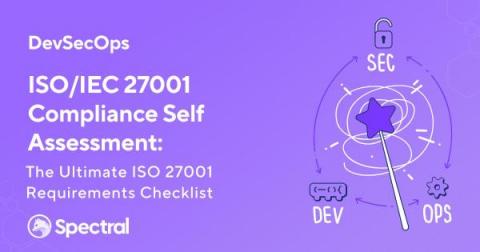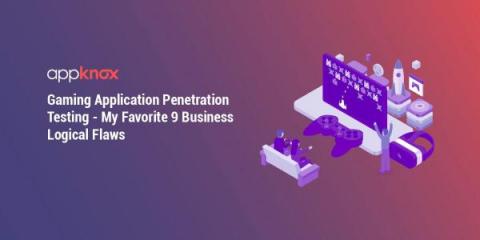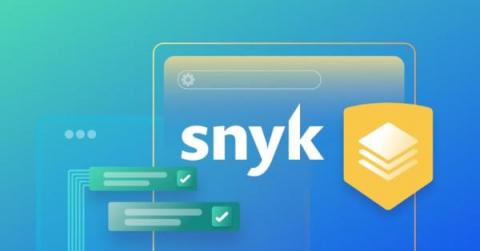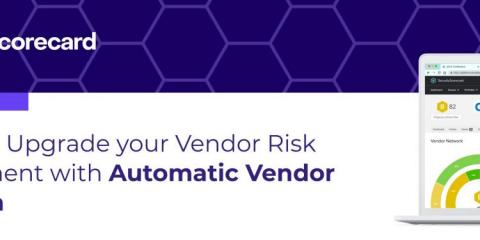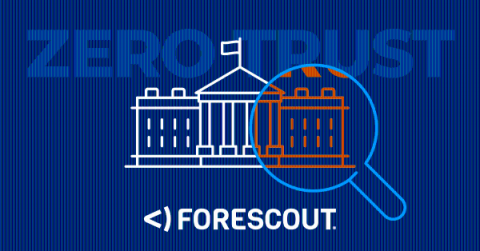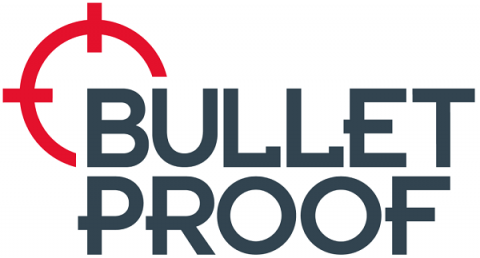ISO/IEC 27001 Compliance Self-Assessment: The Ultimate ISO 27001 Requirements Checklist
For organizations looking to reassure customers that excellent data governance is one of their guiding principles, and that they’re doing everything in their power to mitigate the risk posed by cybercrime, ISO/IEC27001 certification is one of the best ways to demonstrate that commitment. Nevertheless, it’s a high standard to achieve. According to data supplied by ISO.org, only 28,426 companies worldwide had achieved the certification by 2022.


